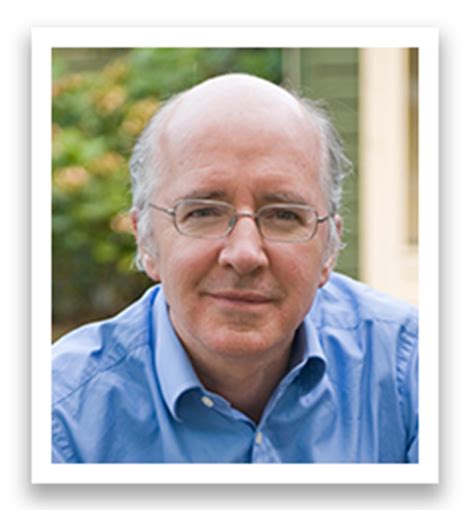A Quote by Paul Theroux
Now and then in travel, something unexpected happens that transforms the whole nature of the trip and stays with the traveler.
Quote Topics
Related Quotes
What happens a lot with songwriting is that a melody or rhythm or something stays with you like catching a cold. And during that time what happens is that I can then fit things on to it, it all fits and glues together. Sometimes it's crazy cos it can almost be anything. But if you catch the cold then the nonsense makes sense. It's like you're getting beamed it, like with a ouija board and something's pushing your hand. It's not a pleasant experience necessarily.
There is a very big difference between American and British travel journalism, and that's this whole business of the assisted or freebie trip. In Britain we are unashamed about any travel company paying for you to go and then writing about it. That's the only way we can do it. But I have tried the same in the States, and I can't write for any sizeable American newspaper because they tell you to do it on this basis.
[In the case of research director, Willis R. Whitney, whose style was to give talented investigators as much freedom as possible, you may define "serendipity" as] the art of profiting from unexpected occurrences. When you do things in that way you get unexpected results. Then you do something else and you get unexpected results in another line, and you do that on a third line and then all of a sudden you see that one of these lines has something to do with the other. Then you make a discovery that you never could have made by going on a direct road.
The [travel] writer, looking back at the journey from a distance of a year or two (or three), is a different character from the hapless character who undertook the trip: wise after the event, with the leisure to tease out meanings from the experience that the distracted traveler never had, and often impatient with his alter ego's blinkered and unsatisfactory version of things.
So from then on, he looked at all his choices and said, What would a good person do, and then did it. But he has now learned something very important about human nature. If you spend your whole life pretending to be good, then you are indistinguishable from a good person. Relentless hypocrisy eventually becomes the truth.




































